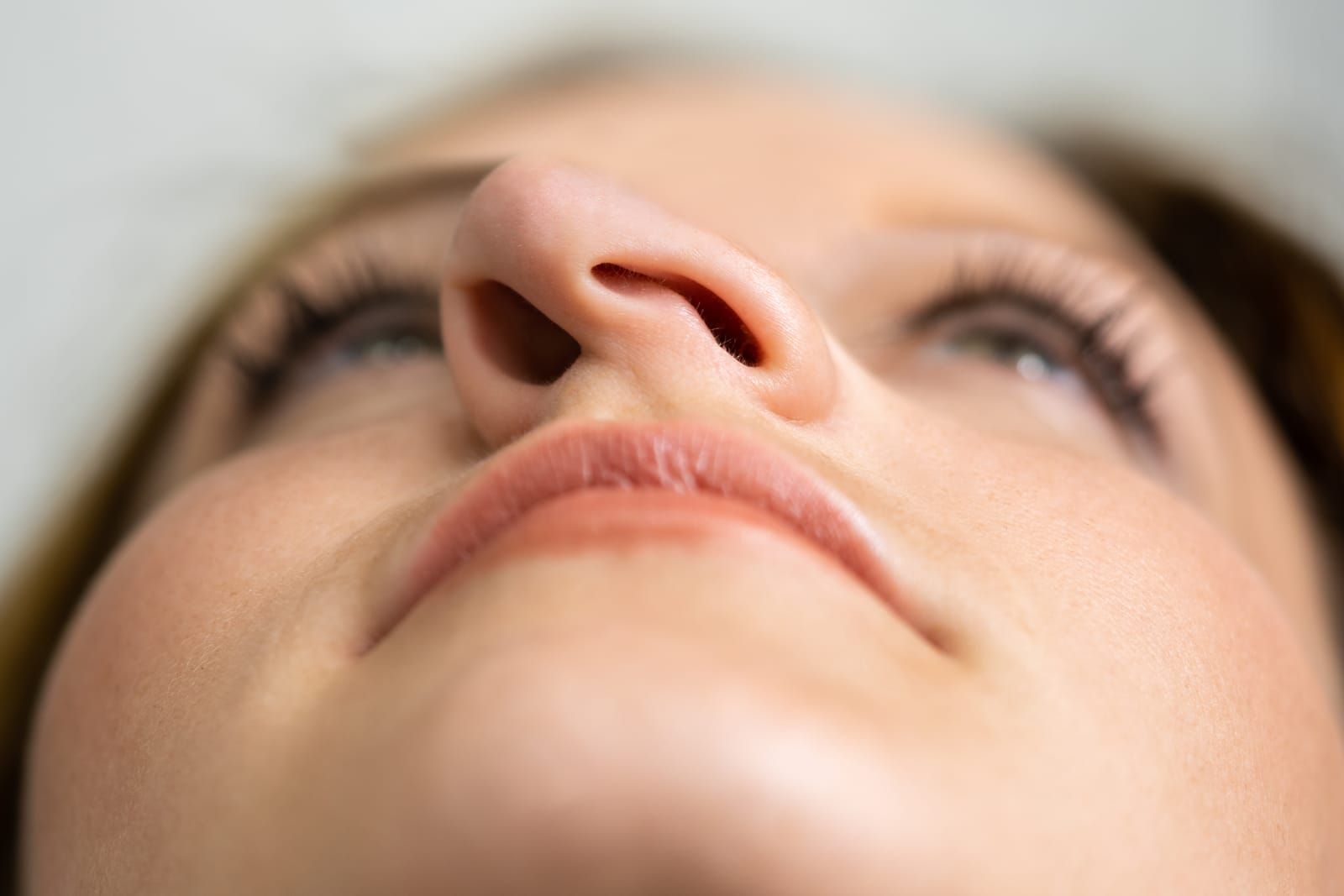How is Vertigo Different from Dizziness?
Have you ever stood up too quickly, only to feel like the room is spinning for a few seconds? Or perhaps you’ve had a lingering sensation as though you're on a rocking boat. If you’ve ever described either of these feelings as "dizzy," you’re not alone. Most of us use the word "dizziness" as a catch-all term for any weird sensation related to balance.
But in the medical world, "dizziness" isn’t one-size-fits-all. Understanding the difference between general dizziness and true vertigo can help you identify the root cause of your symptoms and get the right treatment.
What is Dizziness?
Dizziness is a broad term that covers a feeling of lightheadedness, faintness, or imbalance. It’s a general sensation of disorientation or altered spatial perception. Dizziness can be caused by many things, and it’s typically more of a feeling of unsteadiness rather than a specific medical condition.
Some common causes of dizziness include:
- Low blood pressure (hypotension): When you stand up too quickly, it can cause a sudden drop in blood pressure, leading to dizziness or lightheadedness.
- Dehydration: Lack of adequate fluids can lead to dizziness because your body doesn't have enough fluid volume to support normal function.
- Anxiety or stress: Mental health issues like anxiety and panic attacks can cause feelings of dizziness or lightheadedness.
- Medications: Some medications, like sedatives or antihistamines, can cause dizziness as a side effect.
- Inner ear issues: Problems in the ear, like infections or inflammation, can affect balance, leading to dizziness.
What is Vertigo?
Vertigo, on the other hand, is a specific type of dizziness. It’s the sensation that either you or your surroundings are spinning or moving, even when you are still. Vertigo is a symptom, not a condition itself, and it's usually caused by a problem in the inner ear or the parts of the brain that control balance.
Some common causes of vertigo include:
- Benign Paroxysmal Positional Vertigo (BPPV): This is a condition where small crystals in the inner ear become dislodged and move to places they shouldn’t, leading to a spinning sensation.
- Meniere’s Disease: This condition involves an excess buildup of fluid in the inner ear, causing vertigo, ringing in the ear (tinnitus), and hearing loss.
- Vestibular Neuritis or Labyrinthitis: These conditions are caused by inflammation of the inner ear, typically due to viral infections, and lead to intense vertigo.
- Migraines: Some people experience vertigo as part of a migraine attack, even without a headache.
- Stroke or Neurological Disorders: In rare cases, vertigo can be a sign of a serious condition like a stroke or a brain disorder.
Key Differences Between Vertigo and Dizziness
So, how can you tell what you're experiencing? Next time you feel "dizzy," ask yourself these questions:
- Is the feeling "I might faint" or "the room is spinning"?
- I might faint = More likely general dizziness
- The room is spinning = Classic vertigo
- What triggers it?
- Standing up fast = Suggests lightheadedness
- Rolling over in bed or tilting your head back = Strongly suggests BPPV (vertigo)
- Are there other symptoms?
- Nausea, sweating, feeling cold = Common with both, but especially with lightheadedness related to fainting.
- Ringing in the ears, hearing loss, or unusual eye movements = Points more toward an inner ear issue (vertigo).
Vertigo vs. Dizziness: A Quick Reference Table
| Symptom | Dizziness | Vertigo |
|---|---|---|
| Primary Sensation | Lightheaded, faint, unsteady | Spinning, tilting, swaying |
| Common Triggers | Standing up, dehydration, stress | Head movements (e.g., rolling over in bed) |
| Duration | Often brief (seconds to minutes) | Can be seconds (BPPV) or hours/days (Neuritis) |
| Common Associated Symptoms | Feeling faint, sweating | Nausea, vomiting, nystagmus (involuntary eye movements) |

When to See a Doctor
It's always wise to talk to a doctor about any persistent dizzy feeling. However, you should seek immediate medical attention if your dizziness or vertigo is accompanied by any of the following "red flag" symptoms, as they could indicate a more serious condition like a stroke:
- A new, severe headache
- Double vision or blurred vision
- Slurred speech or difficulty talking
- Weakness in your arms or legs
- Numbness or tingling in your face or limbs
- Loss of consciousness
- Chest pain or a rapid, irregular heartbeat
If you’re concerned, an ear, nose, and throat doctor can perform tests to determine whether your symptoms are caused by inner ear issues or another condition. They may conduct physical exams, blood tests, or imaging (like an MRI) to identify underlying causes.
Treatment Options
Treatment depends on the underlying cause of your dizziness or vertigo:
- Dizziness: For mild cases, staying hydrated, taking deep breaths, and resting can help. If dizziness is caused by low blood pressure, dehydration, or anxiety, addressing the underlying issue may provide relief.
- Vertigo: Treatment often includes medications, vestibular rehabilitation therapy (exercises designed to improve balance), or, in some cases, surgery for conditions like Meniere’s Disease or BPPV.
Find Expert Care at ENT Care Centers
If you're struggling with vertigo or persistent dizziness, the underlying cause often lies within the ear, nose, and throat (ENT) system. This is where the specialists at ENT Care Centers can help.
Our board-certified ENT physicians and audiologists have the expertise to accurately diagnose the root of your balance problems. We offer comprehensive evaluations, including advanced vestibular testing, to determine if your problems are caused by inner ear issues and other conditions.
Don't let balance issues control your life. Get a clear diagnosis and a personalized treatment plan from the trusted experts at ENT Care Centers.
Schedule an appointment with ENT Care Centers today!













